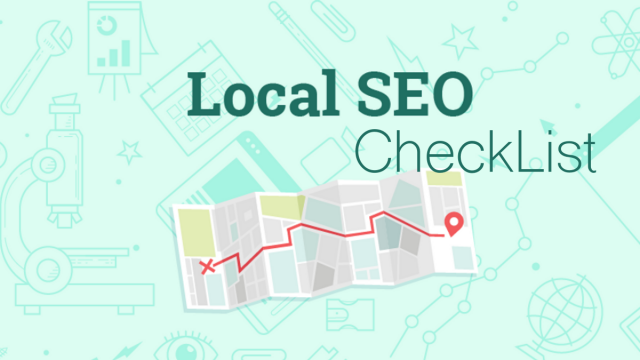Local SEO is about ensuring your business ranks highly in Google Maps, Google Local, and other local search engines for the relevant keywords. This is an essential part of any business’s online presence, as it can make or break a business.
A local SEO company works with clients who subsequently see substantial growth in their businesses thanks to local SEO. You could be next, but it’s essential to take your time and follow the proper steps to ensure you’re doing things correctly.
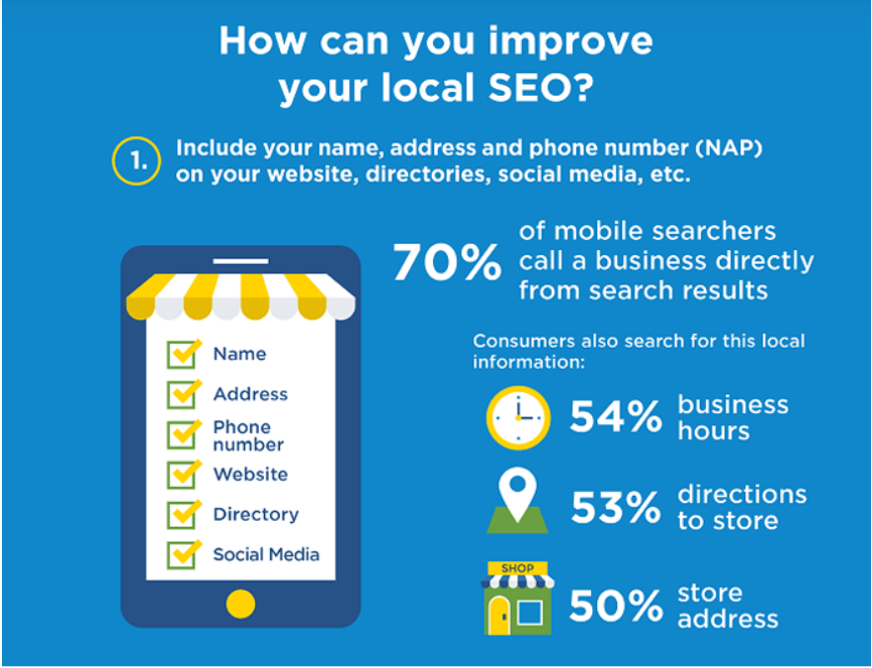
10 simple steps that’ll help master the local search
Contents
- 10 simple steps that’ll help master the local search
- Check for citations
- Set up Google My Business
- Make sure you Drive Traffic to it
- Get those Reviews. Give those Gift Cards.
- Connect with your Customers on Social Media
- Rank high for mobile, and include mobile usability in your site design
- Ensure your site is responsive in the following ways:
- Use location-based keywords in your product descriptions
- Optimize all of your pages
- Link out from local event sites
Find out where your potential customers spend their time
Find out who is searching for the services you offer. The best way to do this is to search for your keyword in Google and see what comes up. Use the exact keywords in Google Maps and Google search to narrow down your list of options.
Add yourself to directories that seem relevant to your business, such as Yelp, Yellow Pages, etc.
You should also ensure that potential customers can find you when they are searching for businesses like yours from their smartphones. Using Google My Business, add information about your location and what kind of services you offer.
Do a local search on Google with the keyword phrases that describe what you do and see where you rank locally. If you’re not ranking at all for some of these keywords, or if competing businesses are ranking above you, then it’s time to get started on SEO!
Check for citations
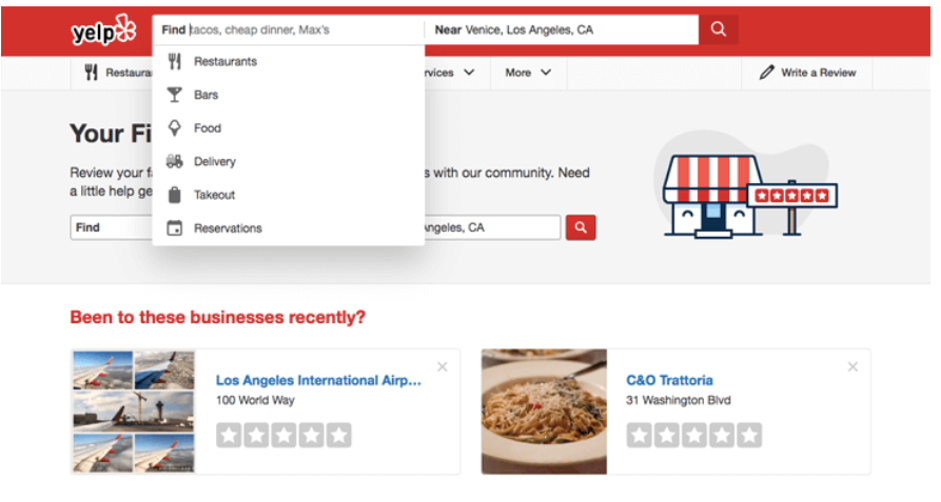
Citations will be links from other websites to your website. They help Google and other search engines understand that your business, its location, what you do, all of your hours, and everything else about you is legitimate.
The reason it works is that search engines want to show results that are “local.” This means they want to show businesses that have a physical location near the searcher. If there are no citations, then there’s no way for your business to be considered local.
The best way to ensure that your business receives proper attribution is by verifying your business information through free tools like Google My Business (formerly Google Places).
Set up Google My Business
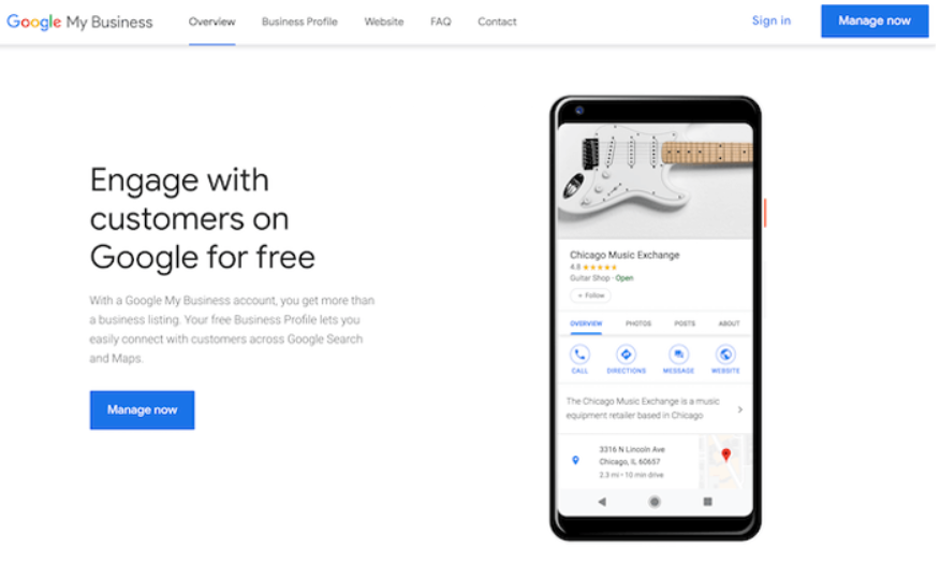
You should set up a Google My Business account even if you don’t have a physical business. It’s by far the most critical free listing for local search optimization.
GMB is a free tool for local businesses to manage their online presence across Google services— Search, Maps, YouTube & Google+. You can create several business listings to appear across different areas, known as ” claimed locations “.
Claiming locations gives you more control over your content and how it appears in search results. You can add photos, videos, opening hours and much more.
GMB also allows you to track your performance, see how many people visit your website from a specific location(s) and much more!
Make sure you Drive Traffic to it
The goal of local SEO is to drive more traffic into your local area and help rank the business. For the business, this allows you to get more customers in the door.
It’s important to understand that not every keyword will bring in the same amount of traffic, or even more importantly, customers. You’ll want to make sure you’re looking for keywords people are searching for specifically in your area. If they’re from out of town, they’re less likely to be coming into your business unless you target those keywords specifically for that reason.
Some strategies can help with this, but you’ll need to understand how much time you’ll be able to put into it before getting started.
Get those Reviews. Give those Gift Cards.
A website with many positive reviews will rank higher than a similar site with no reviews or negative reviews.
You can’t run a business and wait for customers to find you, which is why it’s essential to get reviews for your business once you establish yourself in your specific industry.
As an incentive, purchase gift cards from major retailers and give them out to customers after they’ve made a purchase or become a member of your loyalty program. Be sure to collect email addresses from recipients so you can notify them when you’re offering discounts on your products or services.
If a customer posts a review on your Google Places page, respond to it quickly and warmly with a thank you note and an offer of assistance if needed.
Connect with your Customers on Social Media
What type of social media is right for your business? The answer is simple: whatever type of social media is most popular among your target audience. If the majority of your customers are on Instagram, then focus your time and energy there.
If they’re more into Facebook, then focus on that platform instead. The key here is to spend time where your customers are – not where you’d prefer them to be – and take advantage of the opportunities presented by those platforms.
It’s important to note that social media is different for every business. For instance, if you’re running a bakery that sells cakes, you probably don’t need to be active on Twitter since Twitter isn’t typically used for sharing cake decorating tips.
Rank high for mobile, and include mobile usability in your site design
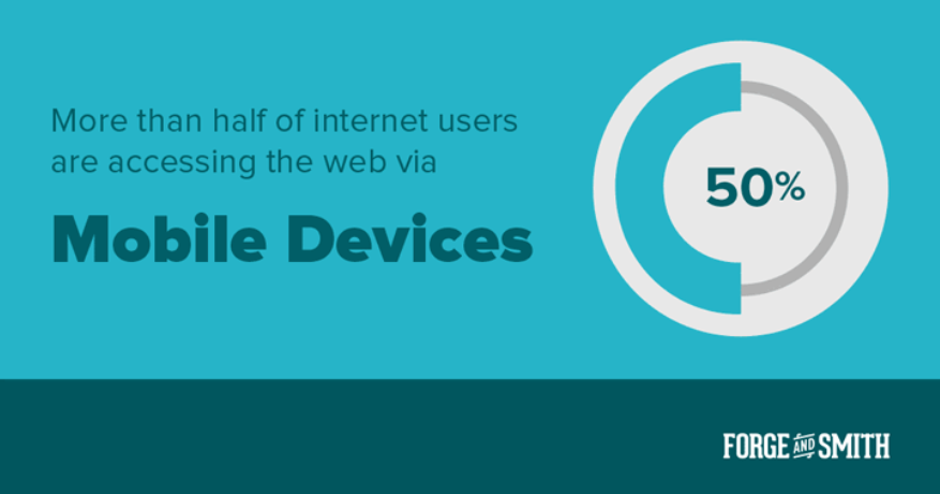
If you don’t have a mobile presence, you’re going to miss out on a tremendous amount of traffic. The good news is that while having a responsive design doesn’t guarantee higher rankings. It does make sure your site will rank better in local search rankings.
Ensure your site is responsive in the following ways:
· Design with mobile-first practices in mind
· Add location pages or use Schema markup
· Make certain AdWords PPC ads are geo-targeted
· Maintain a consistent naming convention using Schema
· Create a mobile user experience
· Be sure the URL structure is optimized
Use location-based keywords in your product descriptions
Every product should have some information about the place where it is shipped from. If your store is based in the USA, you should include the USA in your product title and description. If you sell products related to camping, for example, you can use the keyword “outdoor equipment” or words that describe this category of products.
This way, Google will understand that your store offers products for sale relevant to a particular geographic area. It’ll make your website more “local”.
Pay attention to using keywords most closely related to your business. For example, if you are running a New York-based coffee shop, all of your page titles should contain New York or coffee or city or similar words. This is very important because Google will give preference to websites closer to what the user is looking for.
Optimize all of your pages
All sections of your website should be optimized to include relevant information for searchers in the area surrounding your business’s location. You don’t want to use the exact keywords and content on your landing page and the other pages on your website, so you need to start by cleaning up any duplicate or unnecessary information on those other web pages.
The landing page should be optimized for local search engines to be easily located in the search results. The interior pages should also be optimized for local search so that when people do click through to your landing page, they continue to find helpful information.
Link out from local event sites
The following are some local SEO strategies you can implement to ensure your business appears in Google’s new Local Finder:
· Ensure your website has a visible and accurately updated phone number. Having an unlisted or non-working number isn’t going to cut it anymore.
· Add a Google+ Local page and connect with other local event sites such as Groupon and LivingSocial.
· If someone is visiting your website, they might want to know if you have any upcoming events. What better way to show this than by adding an events calendar on your site? Or, if you can’t do this yourself, there are also event websites to add information on events you’re hosting.
Conclusion
This article is not about optimizing your website for local listings or citations but more about reaching out to the local community.
Before optimizing your website for local search, try creating some new content on your website that will be useful for people in your area. This could be in the form of a blog or some informative pages on your website aimed at serving people in your area.


